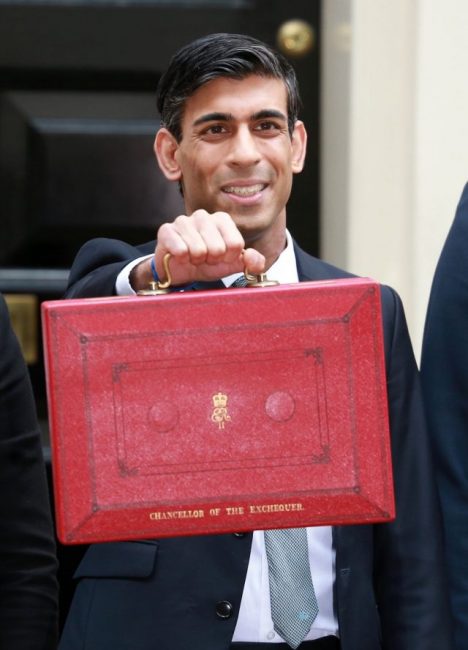The government’s furlough scheme is due to end on Thursday, leaving people who have not yet returned to work uncertain about what the future holds for them. Many forecasters, including the Bank of England, are expecting unemployment to increase as the scheme closes.
The Office for National Statistics has estimated that nearly one million workers were expected to be on the scheme at the end of September. However it is unclear how many out of that group are still relying on it for all of their income.

Chancellor Rishi Sunak said he was “immensely proud” of the near £70bn scheme, but maintained that it was the right time to end it, despite calls by businesses for furlough extension. In some of the worst hit industries such as the travel sector, businesses are unsure about the future of staff after the scheme ends as they aren’t yet back to pre-pandemic operations.
Furlough was introduced in March 2020 after Covid-19 forced large parts of the UK economy to close. Officially known as the Coronavirus Job Retention Scheme, it saw the government pay towards the wages of people who could not work, or whose employers could no longer afford to pay them, up to a monthly limit of £2,500. At first it paid 80% of their usual wage, but in August and September it paid 60%, with employers paying 20%.
The government have also announced that the Universal Credit amount will be reduced back down by £20 as it was initially increased to provide additional support during covid.
However, despite the cuts to the furlough and Universal Credit scheme, the government has announced £500m of grants to help families struggling with the cost of living.
The new fund will help households pay for essentials like food and bills. Local councils in England will distribute small grants to support millions of households, the government said. The cash will be made available in October and Scotland, Wales and Northern Ireland will receive up to £79m of the £500m.
It replaces the Covid-19 local support grant programme, which was designed to support those most in need across England with the cost of food, energy (heating, cooking, lighting), water bills (including sewerage) and other daily needs. The new fund will run over winter and those in need of support should contact their local council, the government said.
However, despite the new fund being introduced, many businesses and workers feel that they won’t be eligible for additional funding and feel the furlough scheme should be extended and the increase to Universal Credit should be permanent.
By Gita Sarasia






